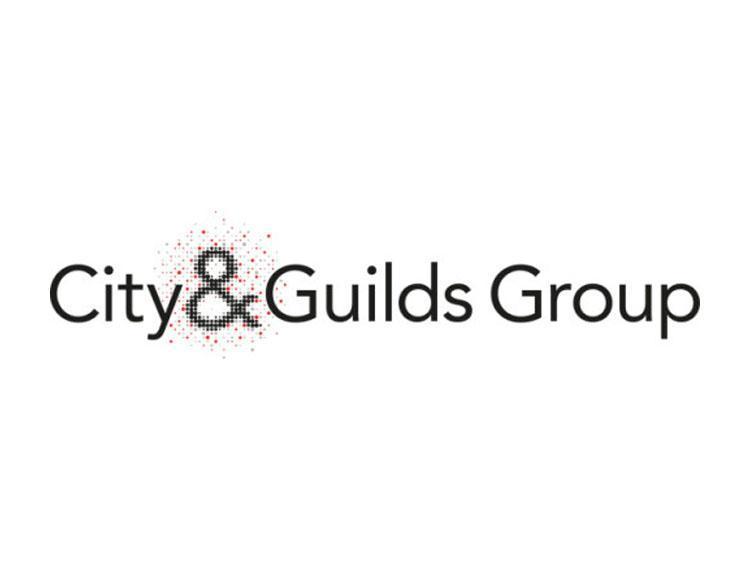City & Guilds Group: Employers and managers need to do much more to ensure the mental wellbeing of workers in the digital age

This Mental Health Awareness Week (13th-19th May 2019), City & Guilds Group is calling on employers and managers to take the lead when it comes to mental wellbeing in the workplace.
With people spending on average one third of their adult lives at work – and mental health related sickness absence reportedly costing UK businesses £8.4bn a year – employers have a responsibility to promote and foster psychological wellbeing at work.
Recent research conducted by City & Guilds Group into the role of psychological safety in the workplace found that:
- Half (52%) of employees in global organisations have encountered workplace bullying and felt psychologically unsafe at work.
- This is primarily caused by workers feeling overwhelmed or inadequate (25%), arguments in the workplace (25%) and leaders not prioritising psychological safety (15%).
The Leading in a Digital Age report, published by The City & Guilds Group earlier this year, highlighted a worrying discrepancy in how senior management and employees view psychological safety in the workplace:
- Despite 94% of respondents saying that they consider psychological safety to be important, just 10% of businesses are seen to treat it as a priority.
- With one in five businesses admitting to having no measures in place to support psychological safety and would only take action once an issue arises, the research suggests businesses are taking the “wait and see” approach to employee mental health.
The study also found that social media and other digital channels have created more avenues for workers to feel anxious or stressed in the workplace and are almost impossible to monitor, leading to 63% of business leaders saying it’s more difficult to manage the psychological safety of employees due to social media.
Nicky Pattimore, Group Director Employee Experience at City & Guilds Group, commented: “This Mental Health Awareness Week we need to shine a light on the importance of psychological safety in the workplace. Good mental health at work and good management go hand in hand; the more leaders prioritise psychological safety, the more likely they are to realise the benefits of an engaged, trusting workforce.
Our research highlights a disconnect in psychological safety. Although the importance of psychological wellbeing in workplaces is recognised, there is a lack of clarity around who is responsible for ensuring it – resulting in inaction. In order to build a safe psychological environment for their employees, leaders must define who in their business is accountable for handling risks or issues. And with much workplace interaction happening digitally, the issue becomes more complex to monitor. Digital advancements in the workplace are only going to evolve, and rather than feeling overwhelmed by the challenges they present, leaders should seize the opportunity to develop tactics for managing employee wellbeing in a way that is fit for the future.”
City & Guilds Group research – Leading in a Digital Age
(Additional insight)
Leading in a Digital Age, published January 2019, surveyed 1000 workers in global organisations – 500 of whom had key management responsibilities.
- Despite 97% of workers recognising psychological safety is key for productivity, preventing errors and mistakes (93%) and ultimately the bottom line (83%), only 10% of organisations currently prioritise psychological safety.
- 20% of workers say an issue would need to arise before any action was taken to protect mental safety in their business.
- Part of the issue appears to be down to confusion over accountability; 43% of senior management expect HR to deal with the psychological safety of employees at work, while the majority of employees (56%) believe line managers and senior management should take the lead.
- On average, 52% of employees have encountered or had to deal with workplace bullying. This increases to 75% in the Arts and Culture industry, 72% in the legal sector and 69% in HR.
- 50% of employees have felt psychologically unsafe in the workplace, most prevalently by those working in HR (79%), followed by the Arts & Culture (70%) and Legal (68%) industries.
- 63% of employers say it’s now more difficult to manage the psychological safety of employees due to social media and other non-business channels. Whilst 77% of employees say their business needs to take action to help them feel psychologically safe in times of digital transformation.
Case study: making mental health a priority at work
Eyres Monsell Primary School in Leicester
Eyres Monsell was the first primary school in the country to receive a Princess Royal Training Award for its work implementing a well-being and mental health programme for teachers.
The Princess Royal Training Awards honour employers in the UK who have created outstanding training and skills development programmes which have resulted in exceptional commercial benefits. The awards are delivered by the City & Guilds Group and supported by its President, HRH The Princess Royal.
After recognising Eyres Monsell was on the brink of failure, with poor performance and staff suffering from low morale and prolonged sickness, Head teacher Kerry Hill trailblazed a mental health programme that led to improved outcomes and performance for both staff and pupils. Results included stress-related staff absences reducing from 151 days to 0 days and key stage 2 pupil attainment rising from 14% to an impressive 74%.
Eyres Monsell has since expanded its programme and is now helping train schools across the world in what they are doing. Kerry’s team is influencing the debate around training in schools, leadership development, and counselling in primary schools.











Responses